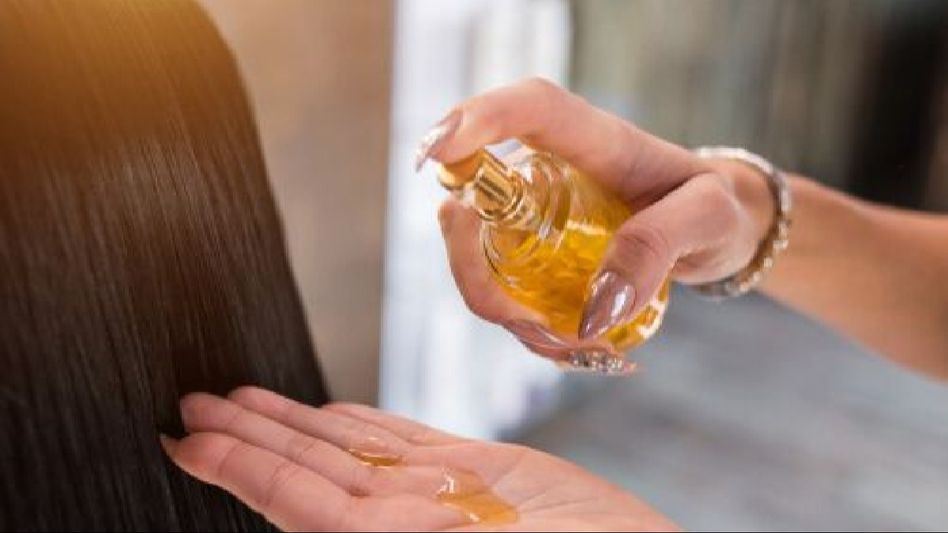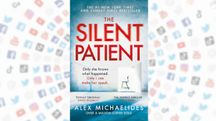Unravelling myths of hair oiling for long, lustrous hair
While some believe that oiling the hair can strengthen it, protect it from heat damage, and stimulate hair growth through improved scalp circulation, others argue that there is no scientific evidence to support the claim that oiling directly increases hair growth.

The practice of hair oiling has been a subject of debate regarding its effectiveness in promoting hair growth. While some believe that oiling the hair can strengthen it, protect it from heat damage, and stimulate hair growth through improved scalp circulation, others argue that there is no scientific evidence to support the claim that oiling directly increases hair growth.
Proponents of hair oiling suggest that certain oils, such as almond, cedarwood, chamomile, clary sage, coconut, and rosemary oils, can soothe and moisturize the scalp, stimulate the scalp, promote hair growth, and add shine and softness to hair. Rosemary oil, in particular, has been highlighted for its ability to improve cellular generation, with one study suggesting it performed as well as minoxidil, a common hair growth treatment, but with fewer side effects like scalp itching. Peppermint oil has also been noted for promoting hair growth by conserving the vascularization of hair dermal papilla.
However, some experts caution against the routine application of oils to the scalp, warning that it could disrupt the natural pH level, potentially leading to more hair loss. The scalp's natural oil production might be affected, resulting in an imbalance. Moreover, while oils may nourish the hair shaft and act as good conditioners, they do not initiate hair growth.
In terms of frequency, recommendations for oiling hair range from almost daily, as suggested by Ayurvedic practices, to once a week or even less frequently for those with oily hair types. It is generally agreed that the type of oil used should be chosen based on individual hair needs, and that a patch test may be advisable to ensure no allergic reactions occur.
While hair oiling may offer benefits such as nourishment, moisture retention, and protection against damage, its role in directly stimulating hair growth remains uncertain.
The effectiveness of hair oiling for growth may vary from person to person, and it is important to consider individual hair types and conditions when deciding whether to incorporate oiling into a hair care routine.
Copyright©2026 Living Media India Limited. For reprint rights: Syndications Today









